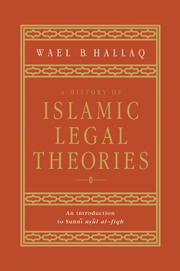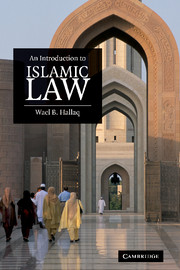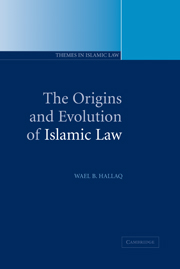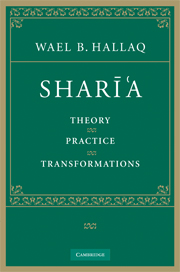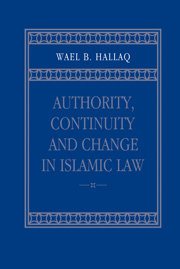The content and enduring effects of Magna Carta are addressed by other contributors to this volume. For this chapter, I only wish to invoke the most widespread understanding of this instrument, namely, that it came to be regarded as one of the primary catalysts in the emergence of the rule of law in England and later in much of the liberal democratic world. My aim is to show that a comparable yet far more powerfully structuring event in the constitutional history of Islam was the Qur'ān itself, the most authoritative voice in that tradition, past and present. Islam's robust system of the rule of law, which lasted until the nineteenth century, is in great measure due to Quranic teachings; or at least originated therefrom.
The question that inevitably must concern any student of Islamic political and legal history is why the early caliphs and, later, the multitudes of mighty sultans, never made law, much less found themselves in a sovereign political-legal position (as King John was) to grant their subjects anything resembling the Great Charter of Liberty. The protections that Magna Carta afforded, and much more besides, were granted to Muslim subjects irrespective of the approval or disapproval of these caliphs and sultans. Why did law-making remain throughout the centuries the business of jurists, not caliphs or sultans? Whence did the Sharīʿa get its ‘thick’ concept and practice of rule of law and separation of powers?
Legal scholarship on the Qur'ān, far removed from the epistemological and psychological foundations of Islam, fails to see the conditions in Islam under which God's will could be interpreted and applied. In the gestation of Magna Carta, John Baldwin has brought welcome attention to the importance of Archbishop Stephen Langton's exegesis of the Hebrew Bible: Langton was trying to realise through the Charter a biblical kingship in England. This valuable work does not yet, however, address in relation to Magna Carta or Europe's Middle Ages a question basic to the study and practice of classical Islamic constitutionalism: who was qualified – and by what character of learning and insight – to understand, expound and legislate for God's will?
